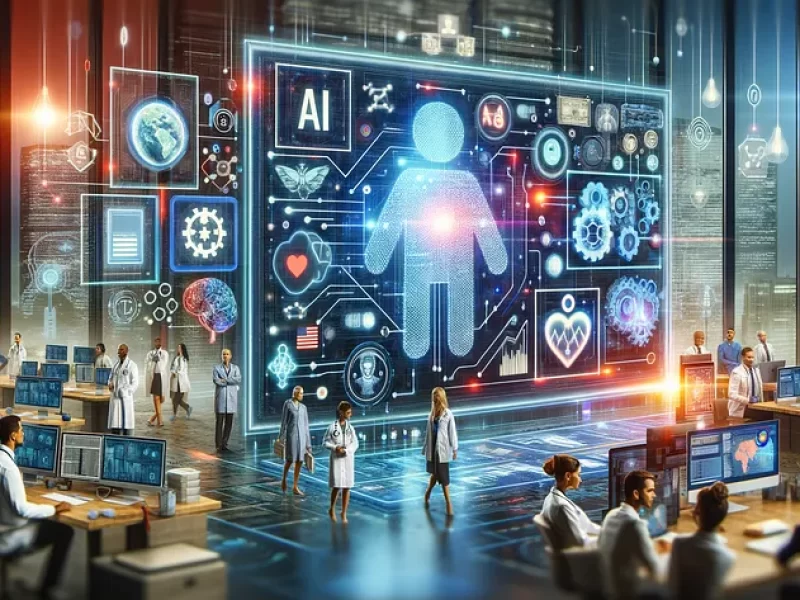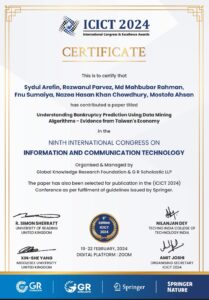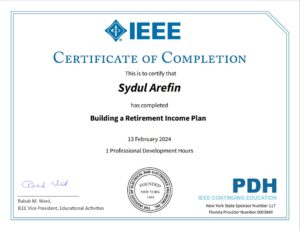My extensive analysis on how the quickly developing area of machine learning (ML) will impact jobs in the United States in the future. Look at how machine learning (ML) is not only a technical development but also a major factor that is changing employment options, skill needs, and work environments. Navigate this AI-driven revolution and learn what it implies for professionals in a variety of industries.
The Rise of Machine Learning in the American Workforce Machine learning represents a fundamental shift in the way businesses operate and compete, not just a technological marvel. Businesses in the USA, from healthcare to banking, are using machine learning (ML) to improve productivity, creativity, and decision-making. For instance, ML algorithms are transforming patient care in the healthcare industry by enabling tailored therapy and predictive analytics. Similarly, machine learning (ML) is changing trading and risk management in the banking industry. This broad acceptance is a blatant sign of machine learning’s increasing sway over the labor market in the United States.
New Career Opportunities New employment options have emerged because of the introduction of machine learning. There is a great demand for positions like AI Ethics Officers, Machine Learning Engineers, and Data Scientists. These professions require a skill set that extends beyond typical programming and includes data analysis, moral judgment, and a thorough grasp of AI and ML techniques. These positions are not limited to the tech sector; companies in healthcare, banking, and even government sectors are looking for people with machine learning experience.
Transforming Skill Sets, A new set of skills is required in the ML age. Nowadays, workers must be skilled in data handling, computational reasoning, and critical thinking regarding the applications of artificial intelligence. Adaptability and ongoing learning are crucial. Fortunately, professionals have access to a wealth of tools, including specialized training programs and online courses, to help them stay ahead of the curve in this ever-evolving industry.
The Impact on Traditional Jobs While machine learning opens new possibilities, established jobs face difficulties as well. Certain occupations may become obsolete due to automation and artificial intelligence (AI), especially those that require repeated work. But this also gives employees a chance to advance their careers and take on more ML-focused responsibilities. Through the provision of training and development programs, employers and educational institutions play a critical role in assisting this transformation.
Preparing for an AI-Driven Future It is imperative to get ready for an AI-driven future at the dawn of this new era. To get ready, one must embrace a culture of lifelong learning and keep up with the most recent advances in machine learning. Companies and schools need to work together to make sure that workers have the skills they need to succeed in this new climate.
There are a lot of interesting opportunities and big problems in store for machine learning work in the United States in the future. There’s no denying that machine learning will change how you work, learn, and adapt as it develops. Achieving success in this new era requires knowledge and acceptance of machine learning, regardless of one’s level of experience. Machine learning is the engine of the future, and it has arrived.




